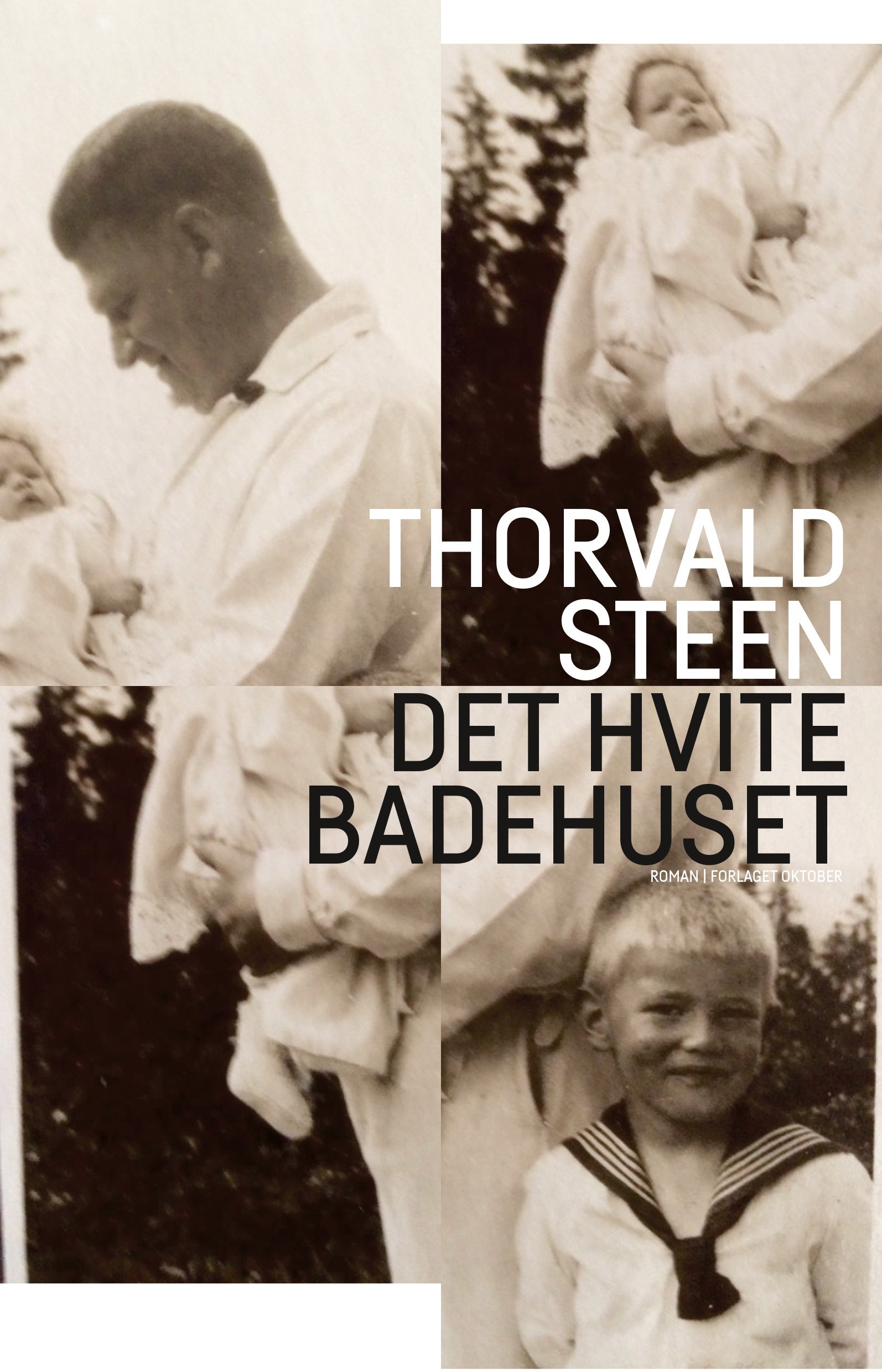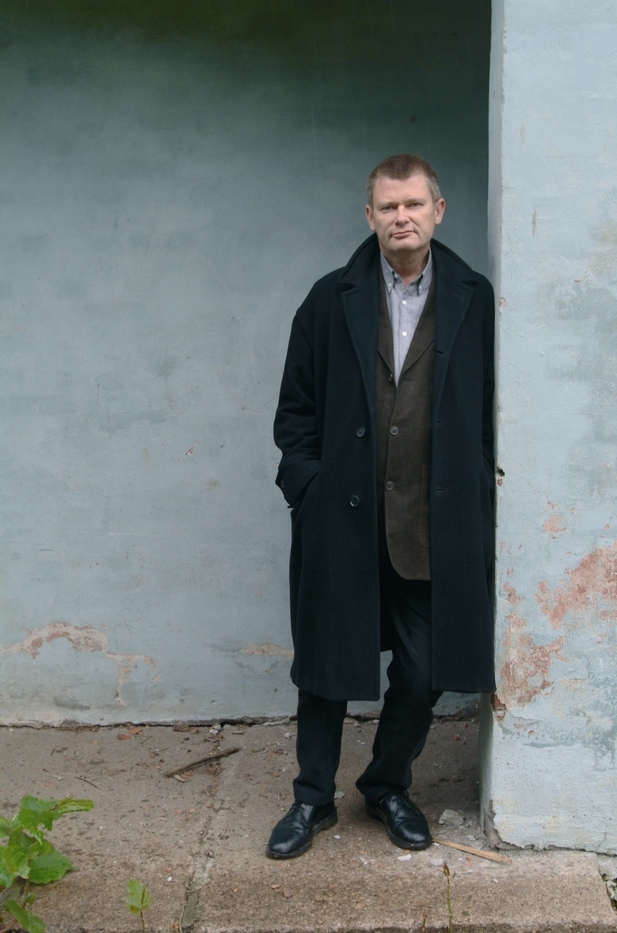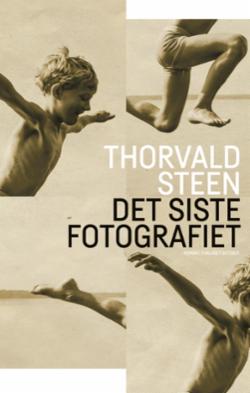
Part of Series
A novel about disability, family secrets, and Norway’s eugenic past. The White Bathing Hut is a genetic detective story. The narrator uses a wheelchair because of an inherited illness that has caused his muscle tissue to degenerate, making him unable to walk. One day, he falls from his wheelchair. His family is away, his cell phone out of reach, and he has no choice but to lie on the floor of his apartment, dissecting his life, until help arrives. He recalls his parents’ reactions of shame and silence when, as a teenager, his illness was first diagnosed. Now in her old age, his mother remains stubbornly secretive. A chance call from a cousin provides the narrator with clues about his grandfather and uncle, whom he never met and who both also had the disease. His search for the truth about his heredity is given new urgency when his mother is diagnosed with cancer. He must persuade her to speak before she dies, for his own sake and for his daughter’s. The White Bathing Hut is an indictment of contemporary Norwegian society, which claims to abhor its history of eugenics, yet still seeks to control the lives of people with disabilities.
Author

Thorvald Steen is a Norwegian writer. He made his literary debut in 1983, and has subsequently published a wide range of novels, plays, collections of poems, books of short stories, children’s books and essays. He has distinguished himself as one of Norway’s leading internationally-oriented writers. His Norwegian breakthrough came in 1992 with a cycle of poems, Ilden (The Fire) and shortly afterward he achieved international recognition with his creative historical novels Don Carlos (1993), Giovanni (1995), Constantinople (1999), The Little Horse (2002), Camel Clouds (2004) and Lionheart (2010). In 2006 Steen wrote the coming-of-age novel The Weight of Snow Crystals, which was followed in 2008 with the freestanding sequel The Longest Leap. Steen’s work is translated into more than 20 languages and he has received several literary prizes, both at home and abroad. In 1993 he received Gyldendals legat (Gyldendal's Endowment). The Belgian newspaper Le Soir declared Don Carlos one of the five best novels translated into French in 1996. The newspaper Clarin in Argentina chose Steen as “Best new writer” for Don Carlos the same year. In 2001 he received the Norwegian Dobloug Prize for his entire work. The novel Camel Clouds was elected novel of the year by the Turkish newspaper Bir Gun in 2006 and won the Slovak Jan Holly Award in 2007. In 2006 Steen received the Comenius Medal from the University of Bratislava for his historical novels, and in 2010 he received the Thomsen Prize. Steen was the chairman of The Norwegian Authors' Union (1991–97) and he has been an honorary member of the union since 1997. He has also been Chairman of the Board in Norla (Norwegian Literature Abroad) since 1997 and a member of the Board of PEN since 2003. In 2004 he received a Governmental Stipend from the Norwegian Minister of Culture.
